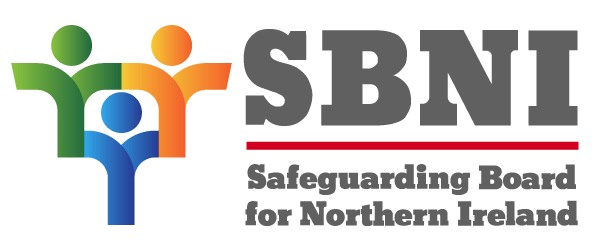Healthy relationships are key to children and young people’s physical, emotional, and mental development.
A relationship is when two or more people feel connected and share a bond. This can include a professional relationship, a friendship, a family relationship, or a romantic relationship.
A healthy relationship is one where you are respected. It’s a relationship where what you want counts and where you feel valued for who you are. It’s a place where you feel safe and supported, where you are able to share your opinions, talk about your needs, and be honest about who you are and how you feel.
Healthy relationships matter. They can have a positive impact on our health and wellbeing and influence how we treat others. This is especially important for children and young people.
Learning about healthy boundaries in early relationships is key, as young people develop relationship skills that will stay with them into adulthood.
In any relationship, boundaries are important. A boundary is a personal rule or limit on how people treat us. Young people should use these boundaries to create healthy and positive relationships with others.
These boundaries help reinforce positive self-esteem as a young person starts to grow into their sense of self. Talking to young people about these boundaries can help keep them safe. Abuse, bullying, and other harmful behaviours will be more recognisable to young people who have a clear sense of relationship boundaries.
A healthy relationship can include:
Unhealthy relationships for young people can include:
- Not being able to talk about how they feel or what they want.
- Feeling threatened, scared, or pressurised into doing things.
- Being or feeling controlled, threatened, bribed, or blackmailed.
- Feeling worried, stressed, or emotional around someone.
- Feeling like they can’t do anything right.

